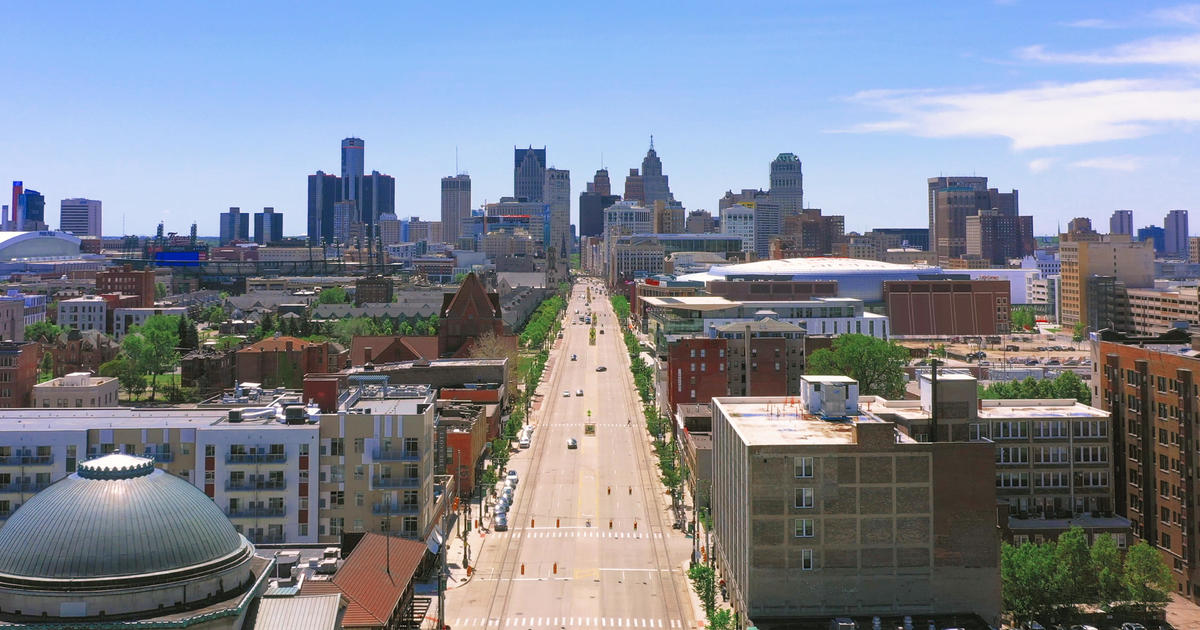Economics Dept.: Public Transit Creates Jobs, Study Says
For every 10 jobs created in the public transit sector, six additional jobs are created in the rest of the economy, according to a study released by the Michigan Public Transit Association and the Michigan Department of Transportation.
The study estimates that transit operations sustained about 9,200 jobs and contributed $1 billion in economic output in Michigan in 2008. The study also says that the money passengers save by taking the bus add $264.4 million to the Michigan economy.
These findings are part of "Economic and Community Benefits of Local Bus Transit Service," a case study that uses a new Michigan-based assessment tool created to help MDOT and transit agencies better understand the important role transit plays in stimulating the state's economy and helping communities and their residents.
"For the first time, a local transit agency can quantify the economic impact and value of bus operations on their local community," said Clark Harder, executive director of the Michigan Public Transit Association. "In the past, we have only had national studies to demonstrate the value of transit, which are heavily weighted in favor of passenger rail-intensive states. This model drills right down and focuses on Michigan and our transit bus-based service."
Added Sharon Edgar, administrator of the MDOT Burean of Passenger Transportation: "Michigan public transit systems will be able to better understand the social benefits and economic impacts of their services on their communities, thanks to this new assessment tool. We can better understand the statewide picture, and the transit agencies will be able to tell their local story. To our knowledge, no other state has such a model at its disposal."
An overview of the model, its use and significance, and the statewide results it generated were shared with the Michigan State Transportation Commission on Friday in Lansing.
The case study served three main purposes:
* To demonstrate how the model is used to estimate the economic and community benefits of local bus transit service in Michigan;
* To assess the benefits of transit for the State of Michigan;
* And to document the analysis results in non-technical terms.
"For instance, we learned through this study that when people use public transit instead of a more costly alternative, such as a personal car or taxi, they save money, which in turn can be spent on food, health care, housing and other staples. In 2008, out-of-pocket savings totaled $348.8 million for riders in Michigan," said Edgar.
Every dollar invested to deliver public transit results in a dollar's worth of consumer product, i.e., an individual is transported to their desired destination. However, the benefits extend beyond that service and these additional benefits are divided into two broad categories: social benefits and economic impacts.
Overall, public transit contributed nearly $804 million in social benefits to Michigan communities in 2008. These benefits exceeded transit operating and maintenance costs by as much as $252 million. In other words, transit agencies in Michigan delivered $1.46 of economic value for each dollar spent on providing transit services. This value was in addition to the actual transportation service provided to the individual consumer.
Public transit agencies contributed $1 billion to economic activity as a direct result of their hiring and spending, as well as through the re-spending of out-of-pocket cost savings by riders. The combined output impact is estimated at $1.3 billion in 2008.
The study was created for MDOT by HDR Decision Economics, using the most recently available data. The study was a two-year, two-phased effort. To read more, visit www.michigan.gov/mdot.



